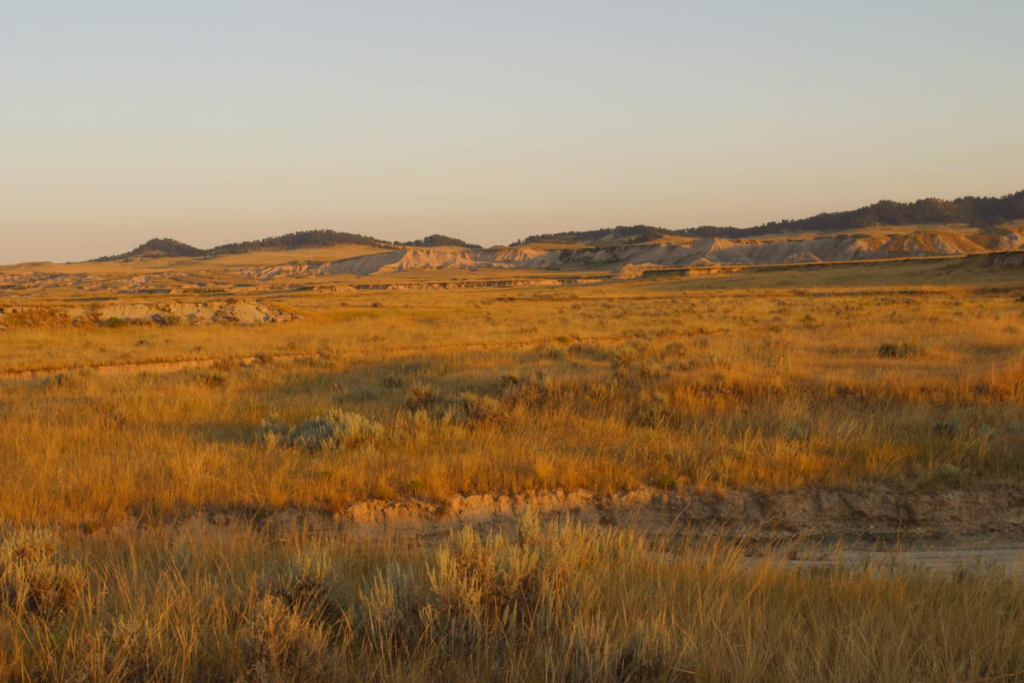

I think it would put more websites into the same whack-a-mole situation that piracy sites deal with: moving to domains out of US jurisdiction, mirror sites, etc.
It should be a wake up call to get people more involved locally. We still need to preserve what online protections we have, but many of us may need to work on our ability to rally people in person.




230 is important for online free speech, and just like free speech is used in real life, such as protesting against racism, it also protects those protesting for racism. It sucks in some cases, but people of all perspectives have found this a worthwhile compromise for 30 years.
With 230, we protect our online places of assembly. Without it, our right to gather online is greatly endangered.
Say you record police committing abuse. You want to share it online so people can learn about it and spread the word. Host takes it down to avoid being accused of threatening the officer, liable, inciting violence, etc. If the host doesn’t take it down, now you are both open to civil or criminal penalties if they so choose to go after you. If it’s legal or not, do you have the means and will to fight them in court?
Yeah, some Nazis get to dog whistle and push misinformation, but 230 also protects you and hosts that let you tell them off and that they aren’t wanted. Lose 230, and now you could be the one in trouble or getting your favorite site shut down.